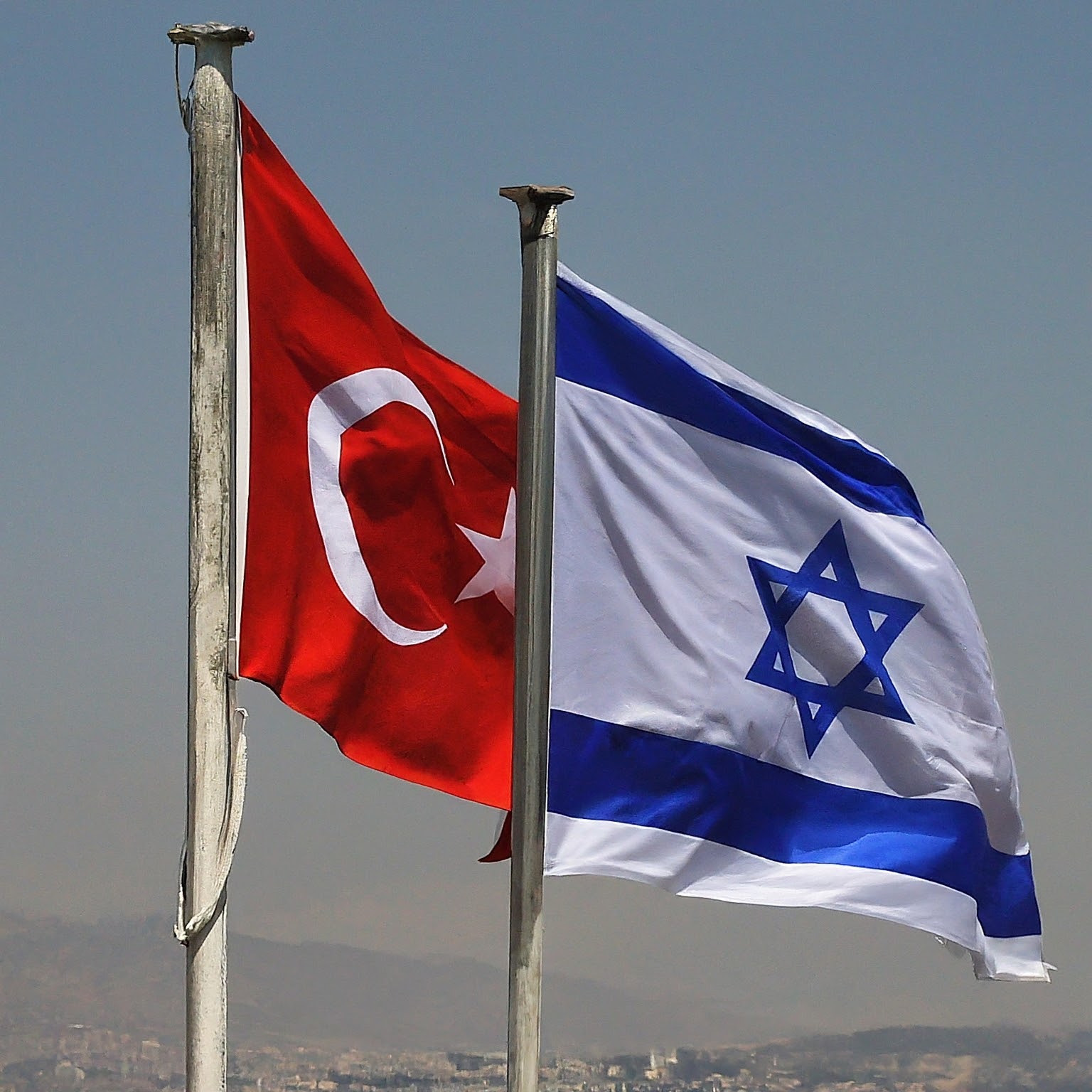Here is a snapshot from our Turkey Israel Relations Narrative Intelligence brief.

This Turkey Israel Relations narrative is driven by 91 sources in the Foreign Malign Influencers module, amplifying 285 narrative items.
Reviewing a number of the most relevant narrative items indicates that Turkish President Recep Tayyip Erdogan’s statements regarding potential military action in Israel are portrayed quite differently across various media sources. Sputnik presents Erdogan's plans with a somewhat neutral tone, emphasizing Turkey's military capabilities and highlighting the connection to past interventions, while avoiding emotionally charged language. In contrast, outlets like MEHR News Agency employ more inflammatory rhetoric, describing Israel's actions as "genocidal" and depicting Erdogan's comments as a decisive support for Palestine, thus framing the narrative in a negative light towards Israel. Al-Araby Al-Jadeed also stresses Erdogan's criticism of Israel but varies slightly in tone, focusing on his diplomatic intentions and historical ties, which creates a more balanced portrayal. TASS mirrors the alarmist view found in MEHR, reiterating the readiness to support Palestine but doing so with a focus on past military actions. The Kyiv Post maintains a factual narrative emphasizing Erdogan's remarks within a broader context of defense industry growth. Meanwhile, Mint Press News shifts focus to internal Turkish issues related to Syrian refugees, adding another layer to the narrative by discussing domestic unrest. Lastly, RT English offers a geopolitical analysis suggesting a shift in world power dynamics, framing Erdogan's statements within a broader context of Western dependency. Overall, differing uses of language and framing techniques reveal distinct editorial biases and strategic narratives that may mislead or influence public perception of the complex issues at play.
Turkey, strategically located at the crossroads of Europe and Asia, plays a significant role in regional geopolitics. Its demographics are diverse, with a population exceeding 85 million, predominantly ethnic Turks, but also including Kurds and other minorities. This diversity influences Turkey's internal and external policies, particularly regarding its relationships with neighboring countries and ethnic groups.
Economically, Turkey has a mixed economy with a strong industrial base and a growing defense sector, which Erdogan has highlighted in his recent speeches. The country has been investing heavily in its military capabilities, aiming to assert itself as a regional power. Politically, Erdogan's government has adopted a more assertive foreign policy, often positioning Turkey as a defender of Muslim causes, particularly in Palestine, which resonates with a significant portion of the Turkish populace.
Turkey's military interventions in Libya and Nagorno-Karabakh reflect its willingness to project power beyond its borders, raising concerns among NATO allies about its intentions. Erdogan's comments about potentially entering Israel echo this assertiveness and highlight Turkey's complex relationship with Israel, which has been strained due to the ongoing conflict in Gaza.
Geographically, Turkey's proximity to conflict zones, including Syria and the Eastern Mediterranean, poses national security challenges. The influx of Syrian refugees has created social tensions within Turkey, leading to anti-Syrian sentiment and unrest. Erdogan's pledge to repatriate refugees indicates an attempt to address domestic discontent while managing international relations.
In summary, Turkey's demographic diversity, economic ambitions, assertive military posture, and complex geopolitical landscape shape its current foreign policy, particularly regarding the Israeli-Palestinian conflict and relations with NATO.
Our Kudzu Narrative Intelligence brief auto-updates every few hours with fresh analysis:
Note: Kudzu Narrative Intelligence briefs update every few hours. Very likely, the Narrative Analysis above will have changed as well.
Image Credit for Article Header: Google ImageFX